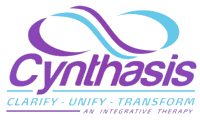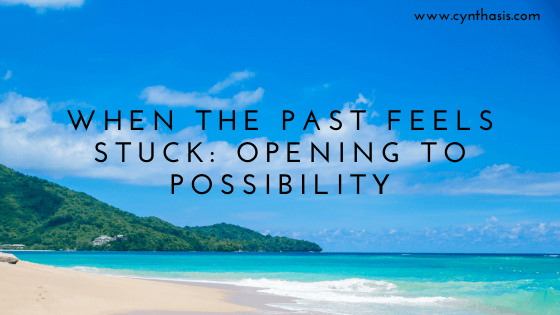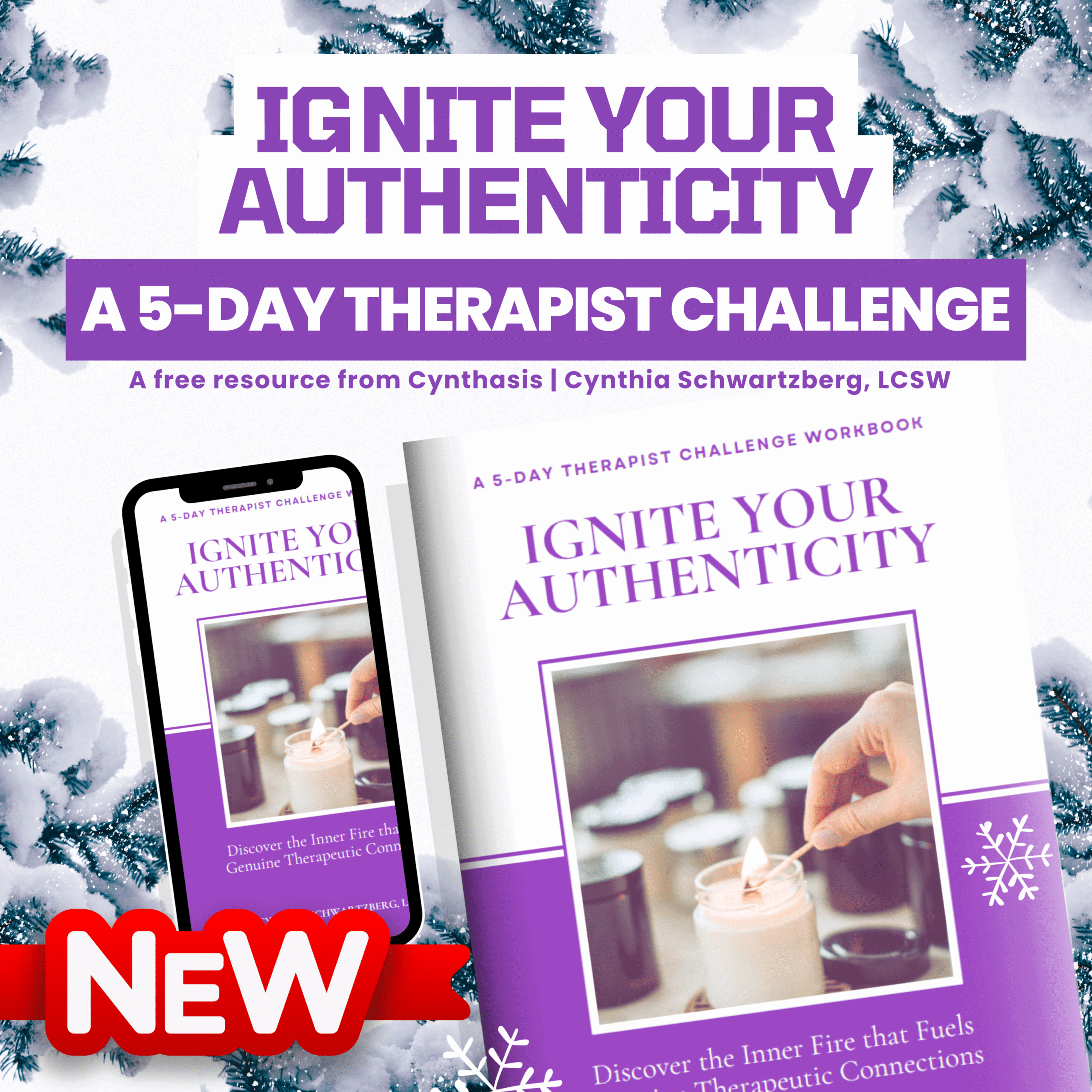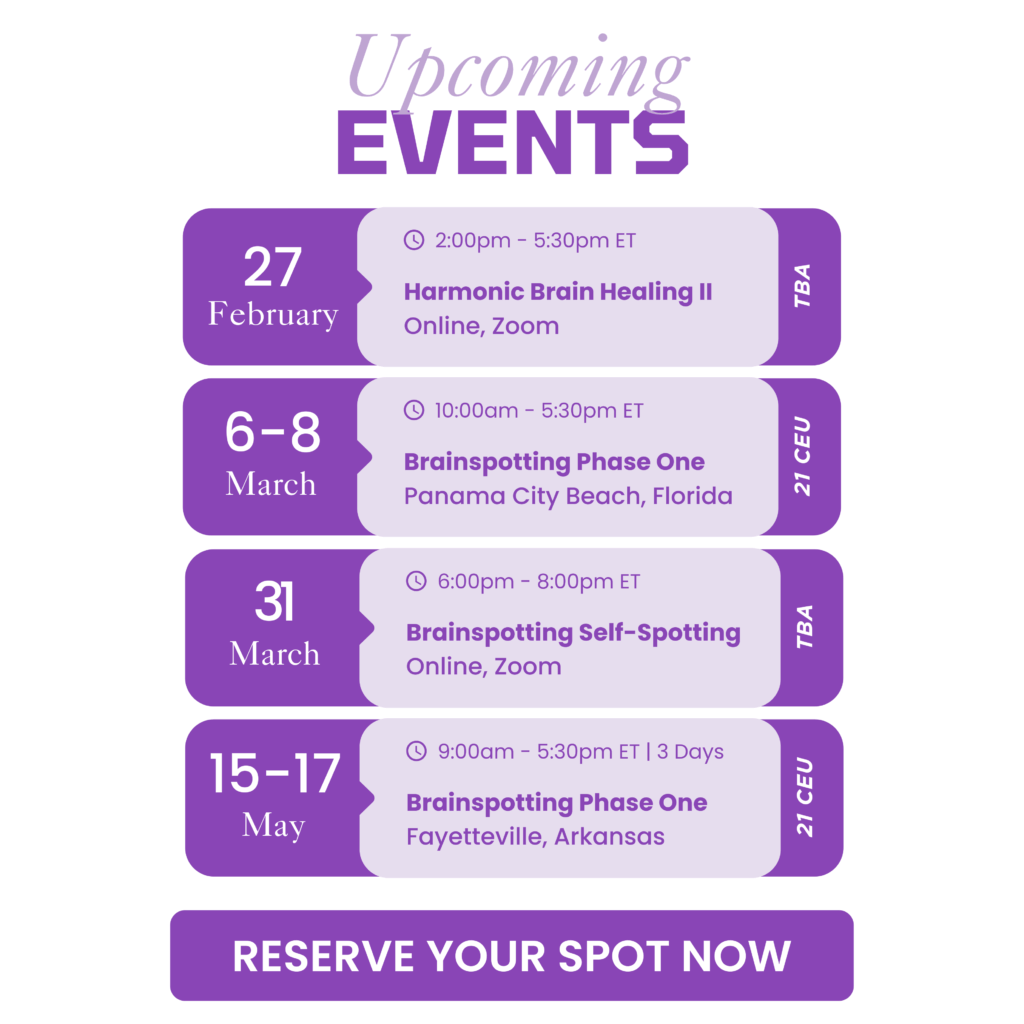Intimacy with Self – One of a Four-Part Series
February may be over but the Love that it reminded us all of never ends, and in honor of that, I’ve chosen to dedicate my next four topics to intimacy: Intimacy with Self, Other, Community and God.
Over the years, as I’ve watched people grow and evolve, the concept of intimacy has come to fascinate me. I’ve noticed that once someone is connected to themselves, it’s easier for them to build lasting meaningful relationships with other people, then groups of people, and eventually enter into Community.
This growth begins and ends with a connection to something more than the ego – the thing that keeps us worried about ourselves and what others think of us, that causes us to act in less heartfelt ways. This something is referred to by many as “God,” others as a “Higher Power,” and still others as, “That which we cannot yet prove is there.”
In this blog, I am going to discuss intimacy, what it is, and how you can improve your own connection to “self.”
Defining Intimacy
Intimacy is more than sex. It includes closeness in many ways – to another, to something familiar, or, as defined by Dictionary.com, it can mean “showing a close union or combination of particles or elements: an intimate mixture.”
One definition I like is the phrase, “Into Me You See.” 
Closeness to self is vitally important – it’s the foundation upon which all other intimacies are built. How can we deepen this vital relationship?
A teacher of mine once told me to look into a mirror for 45 minutes and just see. It gives you time to just sit and get to know yourself, without distraction, and it has become an exercise I often suggest to others.
If you’d like to try it, follow these steps:
• Make the decision to spend some time looking in the mirror.
• Take a few deep breaths and take the time to get settled.
• Place your feet firmly on the floor, and feel yourself settling into a chair.
• For at least five minutes, look into your eyes and just notice: connect to your soul and see what others may also see. Do not count wrinkles or judge, simply see into your eyes or to the space between your eyes some refer to as your third eye. Notice.
• Allow your reflection to bring you new insights as you continue to look and see what you discover.
• When you’ve completed your session, write down any thoughts or reflections that came up for you.
Something that struck me the first time I tried this was, “Wow. That’s what people see when they’re in a session with me.” They don’t see all that chatter in my head – which is really everything but seeing.
Of course, the concept of using a mirror as a tool for self-reflection or therapy isn’t anything new and, in fact, is backed by science. Keep reading for further insights.
The Mirror
In recent years, mirror therapy has been used with stroke victims and others to help strengthen limbs on one side of the body by utilizing the strength of the limb on the other.
The theory is based on neuroplasticity, a form of rebuilding neuropathways in the brain. In a sense, the brain repurposes cells that are used for one thing and uses them for a new task.
If neuroplasticity works in this way for our physical bodies, why can’t we also use it for our thoughts? We can repurpose our cells for new thought pathways.
Building New Thoughts
As we do the mirror exercise, we discover and tell ourselves new information about ourselves versus the old negative images. Focusing on these new thoughts can, in turn, open up new pathways and build a deeper, more authentic connection to self.
I find that a mirror is a powerful tool for helping people notice what they uncover as they grow and change. Likewise, it’s an amazing tool to help someone feel grounded and connected to the body.
We are so disconnected sometimes we don’t even realize we are moving in a body – looking and seeing can change this internal sense of self.
Opening Heart to Self 
Once you’ve completed the mirror exercise, I suggest that you live each day with a new sense of purpose. That purpose? Notice your daily self-chatter.
What conversations are you speaking? How do they sever or deepen your relationship to yourself? How do you treat yourself versus your friends? Is there any way you can shift more kindness to yourself? How can you change your inner dialogue to improve your relationship with yourself?
Try taking one chance for a few weeks, no matter how small, and notice how it affects you. If you’re ready to take the next steps to deepen your connection to self, reach out today by booking a free phone consultation.
All content found published by Cynthasis, LLC including: text, images, audio, or other formats were created for informational purposes only. The Content is not intended to be a substitute for medical or psychiatric advice, diagnosis, or treatment. Always seek the advice of a licensed practitioner or other qualified health provider with any questions you may have regarding a medical or psychiatric condition. Never disregard professional medical and psychiatric advice or delay in seeking it because of something you have read on this Website.
If you think you may have a medical emergency, call your doctor, go to the emergency department, or call 911 immediately.
Reliance on any information provided by Cynthasis, Cynthasis employees, contracted experts, or medical and psychiatric professionals presenting content for publication to Cynthasis is solely at your own risk. By consuming and implementing any content created by Cynthasis, you acknowledge that you are not entering a therapeutic nor medical relationship with any expert.









